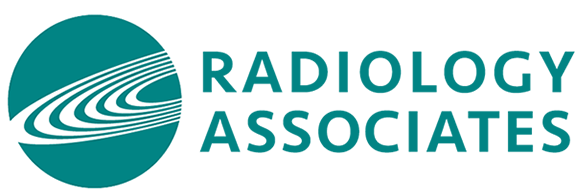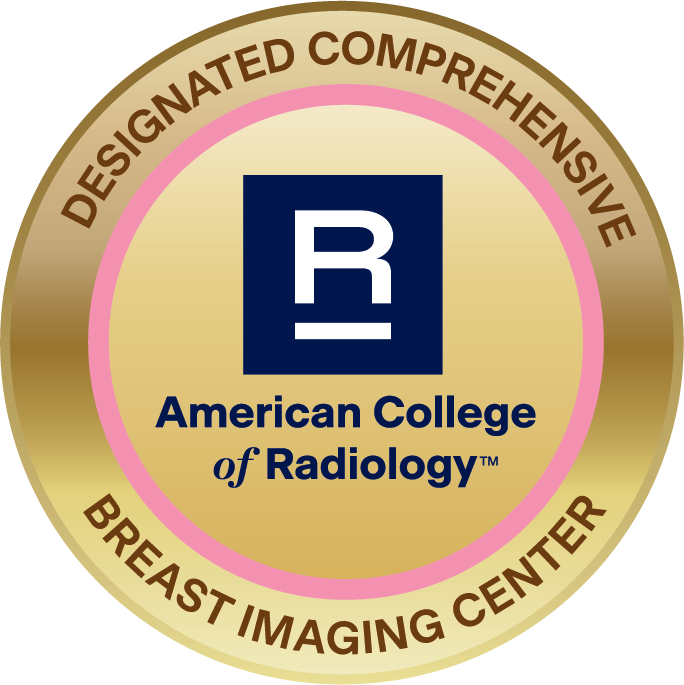When it comes to imaging, women have special needs, and RA remains at the forefront of services like 3D mammography exams, breast MRI, breast ultrasound, stereotactic breast biopsy, DEXA bone density scanning and more.
Our board certified radiologists subspecialize in breast imaging and other women’s imaging services, for exceptional interpretation of results. Our technologists are certified and highly experienced in their respective technologies, trained for efficiency, and always helpful, respectful and considerate.
RA’s best practices in breast imaging made us the first regional practice to be designated a Breast Imaging Center of Excellence by the American College of Radiology. We are also the first regional imaging provider to receive Levels 1, 2 and 3 Honor Roll status by Image Gently® for our commitment to lowering patient imaging radiation doses.
Quick Links & Info
Scheduling
For information about your appointment or to schedule a new one call (386) 274-6000.
Exam Preps
Be ready for your next appointment.
Our Providers
See a full listing of our providers and their bios.
Embracing You in Care
Our Women’s Diagnostic Center features state-of-the-art imaging and all results are read in-house by our on-site radiologists. Your personal coordinator will answer all questions and schedule any exams you may need, as well as offer refreshments, blankets and other extras to help you feel comfortable during your visit.
RA’s Women’s Diagnostic Centers is proud to offer the latest in women’s diagnostic care, including:
3D Mammography
Breast MRI
Ultrasound Guided Biopsy
Stereotactic Breast Biopsy
DEXA Bone Density Screening
ACR Accreditation Matters
RA maintains ongoing accreditation from the American College of Radiology (ACR) a national organization comprised of board certified medical physicists and physicians who award accreditation to only those facilities with the highest practice standards. Our Twin Lakes and St. Augustine Imaging Centers are both designated ACR Breast Imaging Centers of Excellence.
Women's Imaging Articles
Find the latest in women’s imaging including industry news, recent RAI articles and interactive blog posts.
























